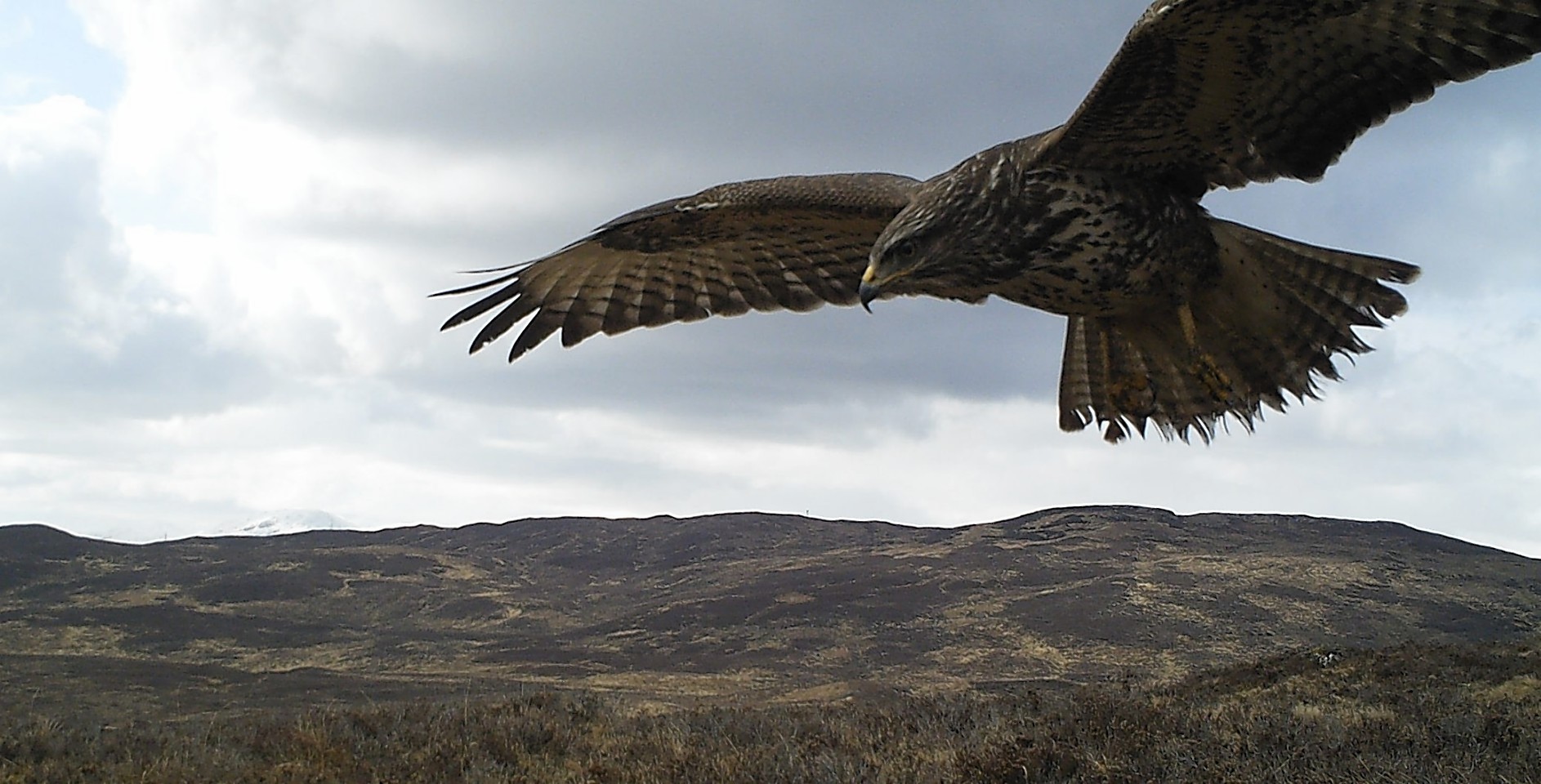Solicitors have called for more police to be deployed to remote and rural areas to tackle wildlife crime.
The Law Society of Scotland said more dedicated staff were needed to deal with bird poisoning cases.
Meanwhile animal protection charity OneKind wants the Scottish SPCA to be given more powers to search vehicles suspected of carrying illegal carcasses, protected live animals and birds, and illegal traps or poisons.
The two organisations have fed their suggestions into a public consultation on Scottish Government proposals to extend the role of Scottish SPCA inspectors.
The discussion is taking place after tests revealed 12 red kites and four buzzards were poisoned around the Conon Bridge area in the Highlands.
Toxicology investigations are continuing on another six birds – four red kites and two buzzards – which were found dead in one of Scotland’s worst raptor mass poisonings.
Jim Drysdale, a member of the law society’s rural affairs committee, said wildlife crime caused “substantial public concern” and it was vital that incidents were fully investigated and prosecuted.
“We believe police officers are best placed to deal with such crime, and increasing the presence of uniformed police officers in remote areas will assure the public it is being taken seriously,” he added.
Mr Drysdale said the society supported the proposal for Scottish SPCA officers to be granted the proposed powers in the absence of increased police resources.
The charity’s inspectors currently have the power to investigate suspected offences against domestic animals but cannot take action and must call for police assistance before the offence can be investigated.
OneKind policy director Libby Anderson said: “The current situation is ludicrous and actually prevents SSPCA investigators investigating offences which have caused the death of an animal.”
Detective Chief Superintendent Robbie Allan said Police Scotland was committed to dealing with and preventing wildlife crime.
“We are actively engaged in the process around proposed extra powers for the SSPCA and as this is an ongoing consultation it would be inappropriate for us to comment more at this time,” he added.
